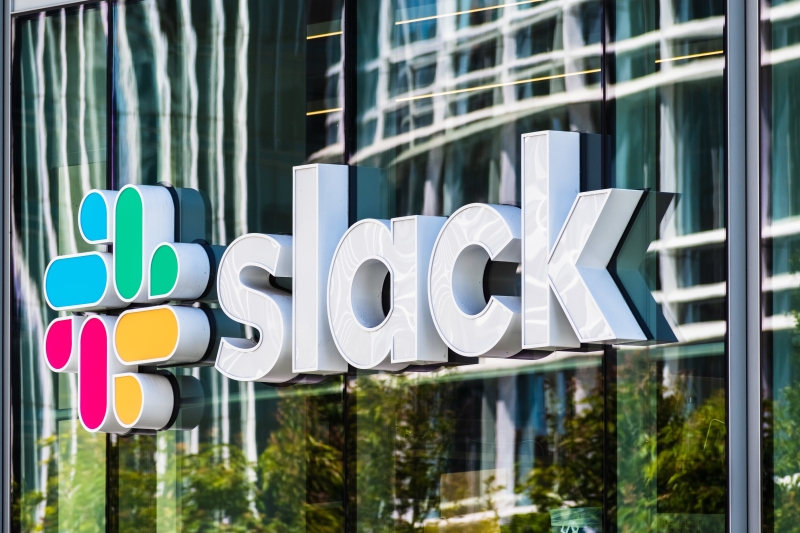A previously undocumented malware downloader has been spotted in the wild leveraging phishing attacks to deploy credential stealers and other malicious payloads.
New research sheds light on cyberattack incidents by the nation-backed cybercriminal groups, revealing a 100% rise in nation-state incidents between 2017 and 2020.
U.S. federal investigators are purportedly looking into a security breach at Codecov, a platform used to test software code with more 29,000 customers worldwide, Reuters reported on Saturday.
Amid the cascade of U.S. sanctions imposed on Russian cybersecurity companies and officials alleged to be operating on behalf of the Kremlin’s intelligence services, one company stood out: the Fresh Air Farm House in Karachi, Pakistan.
A high-level manager of cybercrime group FIN7, also known as the Carbanak Group and the Navigator Group, has been sentenced to ten years in prison, the Department of Justice reports.
Sweetgreen is one of a number of high-profile customers listed on the website of Codecov, which suffered a breach that some believe could have widespread security implications.
Juniper Networks addressed a critical vulnerability in Junos OS, tracked as CVE-2021-0254, that could allow an attacker to remotely hijack or disrupt affected devices. This flaw stems from the improper buffer size validation, which c
European Commissioner for Budget and Administration Johannes Hahn confirmed the hack of some EU agencies as result of the SolarWinds supply chain attack in a response to a question filed by an EU Parliament member.
The BazarLoader downloader, written in C++, has the primary function of downloading and executing additional modules. BazarLoader was first observed in the wild last April – and since then researchers have observed at least six variants.
Amid the cascade of U.S. sanctions imposed on Russian cybersecurity companies and officials alleged to be operating on behalf of the Kremlin’s intelligence services, one company stood out: the Fresh Air Farm House in Karachi, Pakistan.







